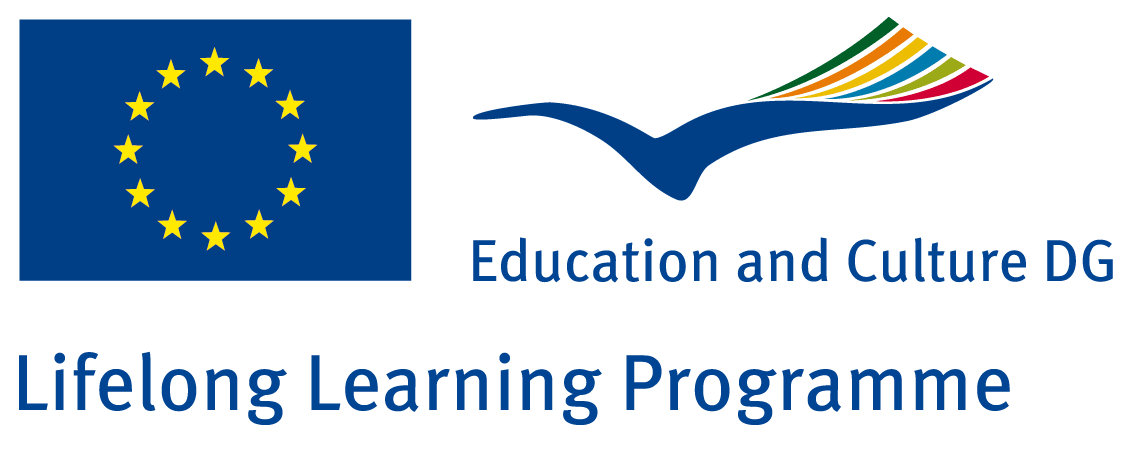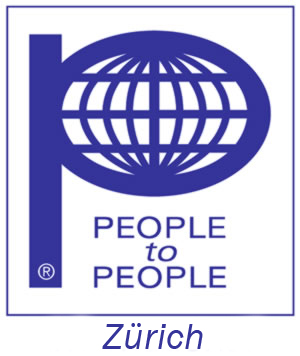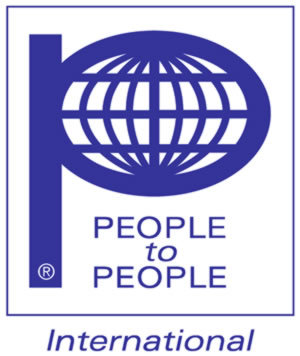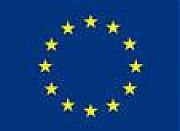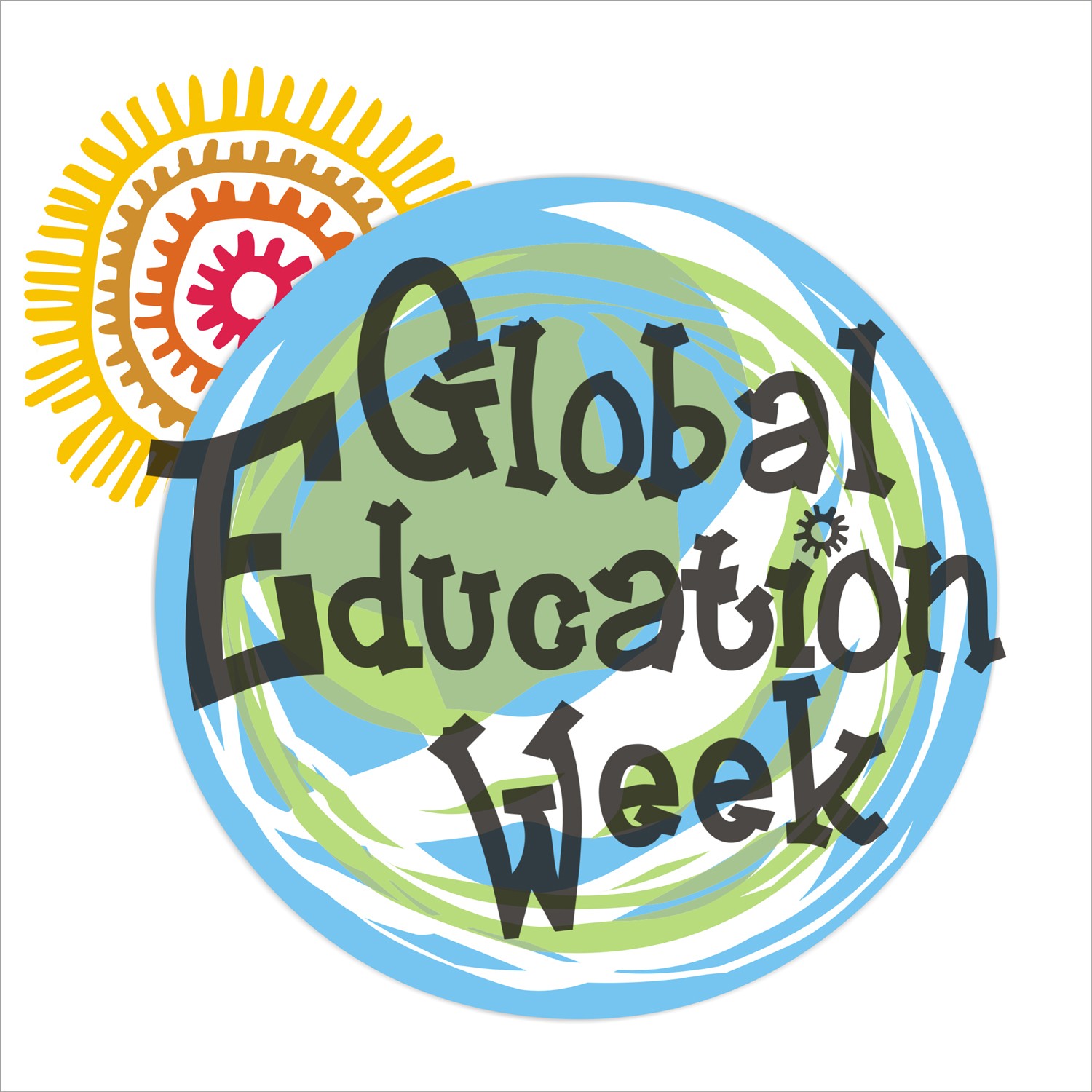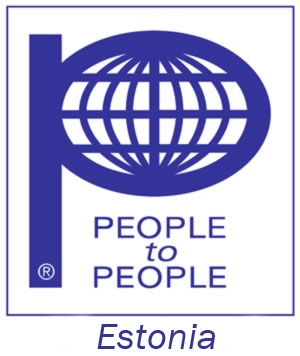"Reading the City in adult" was one-year Eesti People to People adult education staff mobility project created in the partnership with Elderberry AB in the frame of Erasmus+ Programme.
The specific objectives were:
- to learn "Reading the City" concept and methods;
- to exchange good practices, tools and processes;
- to establish collaborative networks and propose possible new projects.
The future of Europe is urban. According to UNESCO, in 50 years time 90% of the world will live in an urban environment. Today in many parts of Europe this is a fact. The time is right to start exploring the city and how to use it as a resource in teaching and learning. The place where we are born, as much as the people we first meet, forms the basis of our own self-image and identity, an essential ingredient in making us who we are. This combination gives us our language or regional dialect, our civic pride, our sense of belonging. People participating in an urban way of life develop ways of reading their city. They ‘feel’ the city. They can feel the city pulse, read its atmosphere.
"Reading the City" provides educators with skills and resources that enable to investigate Europe through its cities and towns. Exploring a number of aspects of cultural identity and comparing the various identities expressed by other Europeans. The course and teaching materials are directed towards trainers engaged within non-formal and informal education throughout Europe. A part of the course is dedicated to using the latest mobile technologies in order to bring the classroom outdoors.
"Reading the City" Erasmus+ course are held in several cities and urban centers throughout the EU. Two key persons from Eesti People to People non-governmental organisation (Estonia) participated in the course in Sweden between August 2-8, 2015. They were representatives of national minorities in age 50+. Training courses was organised by Elderberry AB and contained 56 hours of guided tuition over 7 days.
Elderberry AB has competencies in developing and integrating contemporary educational methodology, eLearning, Mobile Learning and urban studies. All of these experiences Elderberry AB brought to this project. Eesti People to People would like to adopt them and use in Estonia and include in own portfolio when work in cities, cultural and heritage sites with local learners.
Learning outcomes include the exploration of:
European identity and citizenship. Urbanism and learning.
Heritage and the city. Mobile learning in the city.
Divisions of the city. Outdoor education.
Practical planning and safety. Validation and assessment.
Barrier-free access for minority groups.
The main impact on participants’ level was re-skilling and up-skilling in non-traditional tourism, on Eesti People to People level reinforcing the capacities and international scope, improvement and development of management and European links, also having a more engaged staff and creating European Development Plan which includes improvement of quality development and internationalisation.
Cooperation between Eesti People to People as non-governmental organisation and Elderberry AB as private Adult Education Provider gave synergy for this project and supported partnership between NGO and private sector. By participating in this project and attending the training course Eesti People to People built capacity in the fields of non-traditional tourism and adult education, started creating network with different organisations working in the same fields across Europe, shared common values which will lead to greater European cooperation such as Erasmus+ KA2 partnerships.
"Reading the City" activities included:
Pre-course Preparation;
Course Introductions;
Aims and objectives;
Presentation of ‘Reading the City’;
‘The built environment as an educational tool’;
‘Living in the city’ A workshop in small groups;
Lecture: ‘City and identity’;
Course objectives & Group tasks;
‘Capture the flavour of Stockholm’;
Visit Stockholm Medieval Museum;
Introduction to the Old Town;
Travel to the island Djurgården;
‘The historical community’ - A tour of the open-air museum of Skansen in an historical context;
Ferry to Slussen;
The city as a museum: Exploring an urban identity;
Art and the city citizenship workshop;
Orientation in the City Lecture;
Orientation in the Virtual cities;
Guided tour of Stockholm through the underground; city and suburbs. Past, present and future;
Ideas for working with adults, children and young people according to participants own practice;
Orientation exercises;
Group work preparation;
Visit to the Swedish Museum of Science and Technology. Produce a TV show based on the study trips and museum visits of the week;
Presentation of group work and plans;
Course round up, validation and Europass;
Post course follow up.
Video about TV-program production in the Swedish Museum of Science and Technology. (Bambuser):
Article in the magazine "Krasivaja Zizn" №22, 2015
This project has been funded with support from the European Commission. This publication reflects the views only of the author, and the Commission cannot be held responsible for any use which may be made of the information contained therein.
